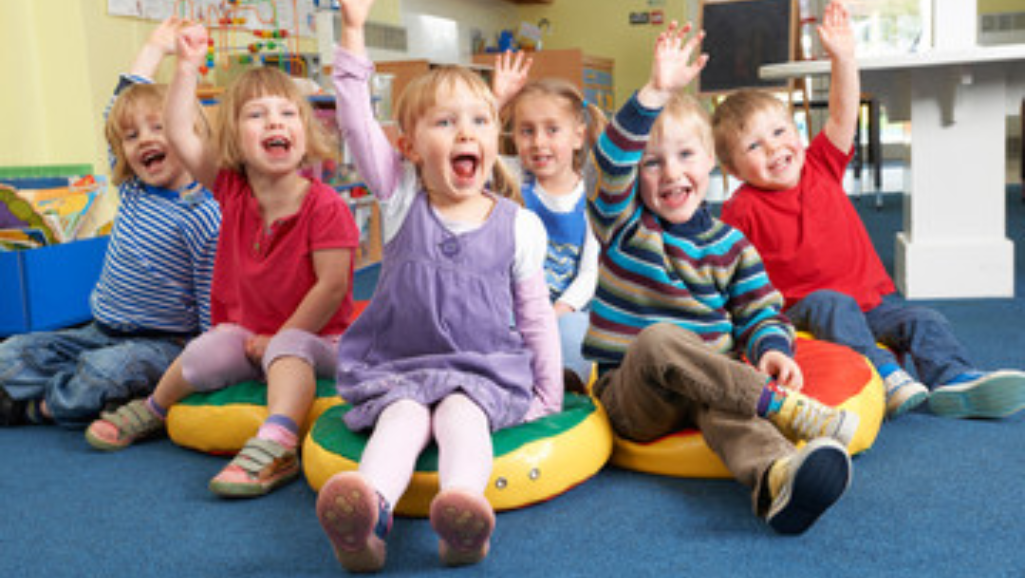Do you ever wonder what motivates your child in kindergarten? Discover the secrets to unlocking their enthusiasm and love for learning in this article. Learn how to understand their interests, create a positive environment, and encourage independence. Building strong relationships with teachers and peers will also play a crucial role. By utilizing play-based learning activities, you can tap into your child’s intrinsic motivation and make their kindergarten experience truly remarkable.
Understanding Your Child’s Interests
Understanding your child’s interests is crucial in helping them thrive in kindergarten. By understanding your child’s preferences, you can tailor their learning experiences to align with their individual interests and passions. This not only makes learning more enjoyable for your child but also enhances their motivation and engagement in the classroom.
To begin understanding your child’s interests, take the time to observe and listen to them. Pay attention to what activities they naturally gravitate towards, what types of toys or games they prefer, and what topics they show a genuine curiosity in. By doing this, you can start to identify patterns and themes that can give you insight into their interests.
Identifying your child’s learning style is another important aspect of understanding their interests. Some children are visual learners, while others are more auditory or kinesthetic. By recognizing how your child learns best, you can provide them with appropriate learning materials and activities that cater to their individual learning style.
Creating a Positive Learning Environment
To ensure your child remains motivated in kindergarten, it is essential to create a positive learning environment that supports their interests and fosters their engagement. Here are some key ways to achieve this:
- Flexible learning spaces: Arrange the classroom in a way that allows your child to move around freely and explore different learning areas. Provide various materials and resources that cater to their learning preferences, whether it’s hands-on activities, visual aids, or interactive technology.
- Encouraging parental involvement: Collaborate with your child’s teacher and actively participate in their learning journey. Attend parent-teacher meetings, join classroom activities, and communicate regularly with the teacher to understand your child’s progress and areas of improvement. This involvement shows your child that education is important and valued.
- Establishing a positive classroom culture: Encourage kindness, respect, and inclusivity within the classroom. Teach your child the importance of teamwork and cooperation, and create opportunities for them to engage with their peers. By fostering a sense of belonging and acceptance, your child will feel more motivated to participate and take risks in their learning.
Encouraging Independence and Autonomy
To further support your child’s motivation and engagement in kindergarten, it is important to foster their independence and autonomy within the learning environment. By promoting self-confidence and fostering decision-making skills, you can empower your child to take ownership of their learning journey.
One way to encourage independence is by allowing your child to make choices and decisions. Give them opportunities to choose their own activities or projects, allowing them to explore their interests and preferences. This not only builds their confidence but also gives them a sense of control over their learning.
Encourage your child to take on tasks and responsibilities independently. Teach them how to organize their materials, pack their backpack, and complete simple tasks on their own. By doing so, you are instilling a sense of autonomy and self-sufficiency in them. Celebrate their achievements and encourage them to keep trying, even when faced with challenges.
Provide opportunities for your child to solve problems and make decisions. Instead of immediately offering solutions, ask open-ended questions that encourage critical thinking. This helps them develop their decision-making skills and builds their confidence in their own abilities.
Building Strong Relationships With Teachers and Peers
To build strong relationships with teachers and peers, you can actively engage in open communication and foster a supportive learning community. Here are some ways you can achieve this:
- Maintain regular communication with teachers: Stay connected with your child’s teacher through parent-teacher conferences, emails, or phone calls. Discuss your child’s progress, ask questions, and share any concerns you may have. This open line of communication will help you understand your child’s learning needs better and allow the teacher to provide appropriate support.
- Encourage your child to develop social skills: Help your child build friendships and navigate social interactions by organizing playdates or joining community groups. Encourage them to share, take turns, and communicate effectively with their peers. These experiences will enhance their social skills and foster positive relationships with their classmates.
- Participate in school events and activities: By attending school events, such as parent-teacher meetings, open houses, or volunteering opportunities, you can create opportunities to meet other parents and form connections. Engaging in these activities will not only strengthen your bond with the school community but also demonstrate your support for your child’s education.
Utilizing Play-Based Learning Activities
Engage your child in play-based learning activities to foster motivation and enhance their kindergarten experience. Play-based learning is an effective approach to education that allows children to learn through hands-on activities and exploration. By incorporating play into their learning, children are more motivated and engaged, leading to a deeper understanding of concepts and improved cognitive skills.
Play-based learning activities provide a meaningful context for children to develop their problem-solving abilities and critical thinking skills. Through games, puzzles, and creative play, children can apply their knowledge and think critically to find solutions. These activities also encourage children to think outside the box and explore different possibilities, fostering creativity and innovation.
Furthermore, play-based learning activities promote social and emotional development. By engaging in group activities and pretend play, children learn important social skills such as cooperation, communication, and empathy. They also develop emotional resilience and learn how to manage their emotions effectively.
Hands-on activities are particularly beneficial for young children as they allow them to actively engage with the material and make connections between abstract concepts and real-life situations. Whether it’s building with blocks, conducting science experiments, or engaging in dramatic play, these hands-on activities make learning fun and meaningful for children.
Incorporating play-based learning activities into your child’s kindergarten experience will not only enhance their motivation but also lay a strong foundation for future academic success. So, let your child play, explore, and learn!




